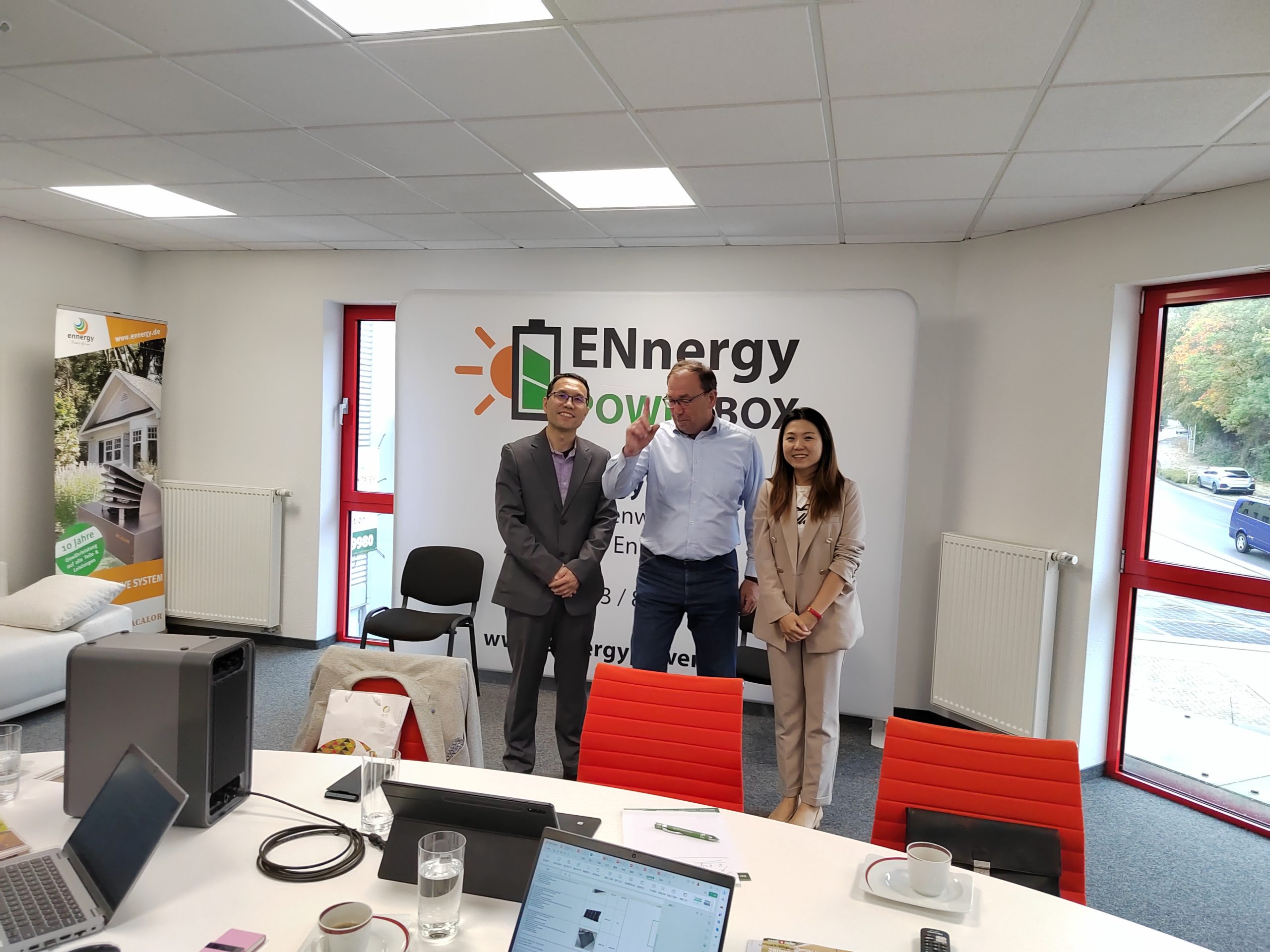Renewable energy is commonly recognized as energy derived from natural sources and is virtually inexhaustible. It plays a vital role in cutting down fossil fuel use and consequently, reducing greenhouse gas emissions. The key types of renewable energy sources are:
Biomass
Biomass like plants, animals, and microorganisms is where energy is generated. Biomass like crops and wood is burnt directly to produce heat or steam that turns a turbine for electricity production. Compared to fossil fuels, only low levels of sulfur and ash are released. Biomass can be applied in many cases from small stoves used in households to large power plants used by centralized utilities for the production of electricity. However, combustion requires lots of space which results in environmental degradation.
Geothermal
Geothermal energy comes from the heat continuously produced by the earth. It is believed to be one of the most reliable sources of energy compared to wind and solar which can easily affect by weather. It produces 99% less carbon dioxide while converting to electricity, as stated by EIA (U.S. Energy Information Administration). But the cons of geothermal energy are a huge upfront installation cost for Group Source Heat Pumps (GSHPs) and potential landscape alterations to your property.
Hydro energy
Using the natural flow of moving water to generate electricity, hydroelectricity represents 31.5% of total U.S. renewable electricity generation in 2021. The reason why it is widely used is its low cost in the long run and high efficiency. Hydropower is clean and renewable but requires the construction of facilities, like a dam, a reservoir and turbines. Most hydropower generation relies on rivers. There is a minor chance that lower water flow caused by droughts can influence the hydroelectric capacity.
Wind energy
Windmills and wind turbines are popular tourist attractions across countries. Apart from their iconic appearance, they capture the wind to produce electricity and supply water for farming purposes. Wind turbines are normally located in rural areas or on top of mountains where strong, consistent wind can keep turbines rotating.
Solar energy
Solar energy is the most abundant energy resource coming from the sun and even on cloudy days solar can still collect light particles and convert energy into electricity but with less efficiency. The applications of solar energy are mainly electricity and heat, as a result, solar products like solar batteries and solar water heaters are popular these days as energy-efficient alternatives in the long run.
Best renewable energy for homes
With all the potential renewable energy in mind, you may be interested in choosing one for your home electricity and heating as a better way to reduce your carbon footprint and lower your utility bills. Solar is considered to be the most viable energy for domestic use from the perspectives of location and cost.
Location
Hydro and geothermal energy are not suitable for all locations. Before installing a micro hydropower system, the conditions including flow rate, water head, stream size, and distance from home should be under assessment. Geothermal energy is less accessible for some locations due to inadequate resources unless you are living in places like Iceland. If you live in a densely-populated area, wind turbines are not suitable because they should stand at least 60 to 100 feet tall. Solar power is less location-sensitive, and can easily be installed on your rooftop.
Cost
The ultimate goal of using renewable energy for many house owners is saving money from your pocket in the long run. However, the upfront investment and maintenance cost can put you off sometimes because the return on investment can take over many years to repay.
The upfront cost of geothermal and wind energy facilities ranges from $12,000 to $45,000 depending on the size of your home. A micro hydropower system costs around $20,000 including installation fee based on location and capacity. A solar panel is a much more affordable option costing between $3,500 to $35,000 with a low maintenance cost of between $140 and $180 a year. Also, a solar panel can last an average of about 20 years.
Power your Home with Paris Rhone Energy System
Paris Rhône-energy provides green energy solutions for domestic, using cutting-edge solar photovoltaic + energy storage technologies. By fully absorbing the energy from mother nature, photovoltaic power generated during the daytime supports the daily electricity demand of your family. Meanwhile, surplus energy is captured in energy storage for electricity consumption at night. Our solution achieves green energy generation and efficient electricity consumption.
Paris Rhône-energy system empowers people to generate, consume, store, and even sell their own electricity. With our industry-leading app, unprecedented data and control are all at your fingertips.
If you are interested in having a green energy system for your home that you can count on? You can always learn more on our website to find out more about the best residential solution for you.



.png)